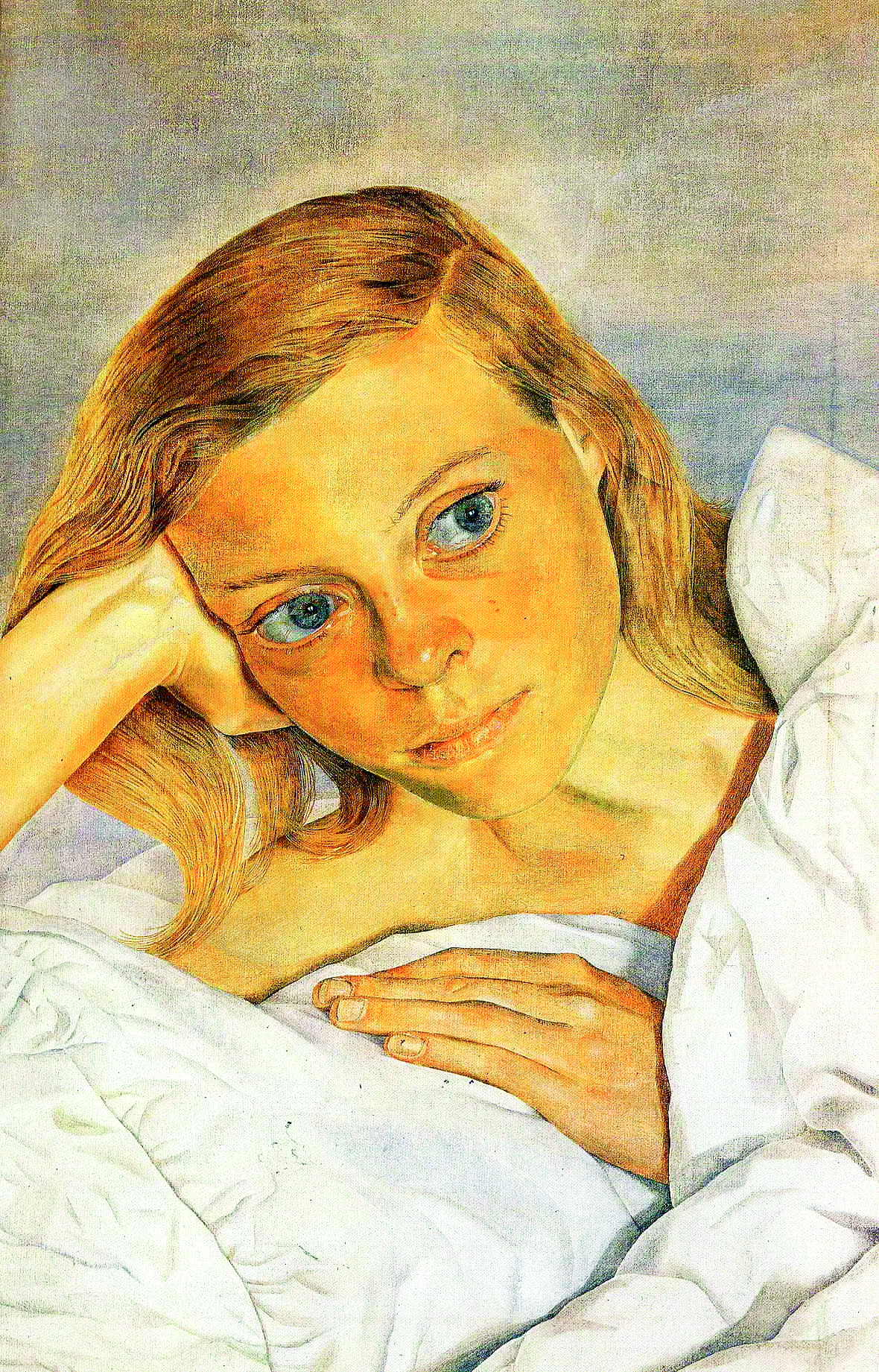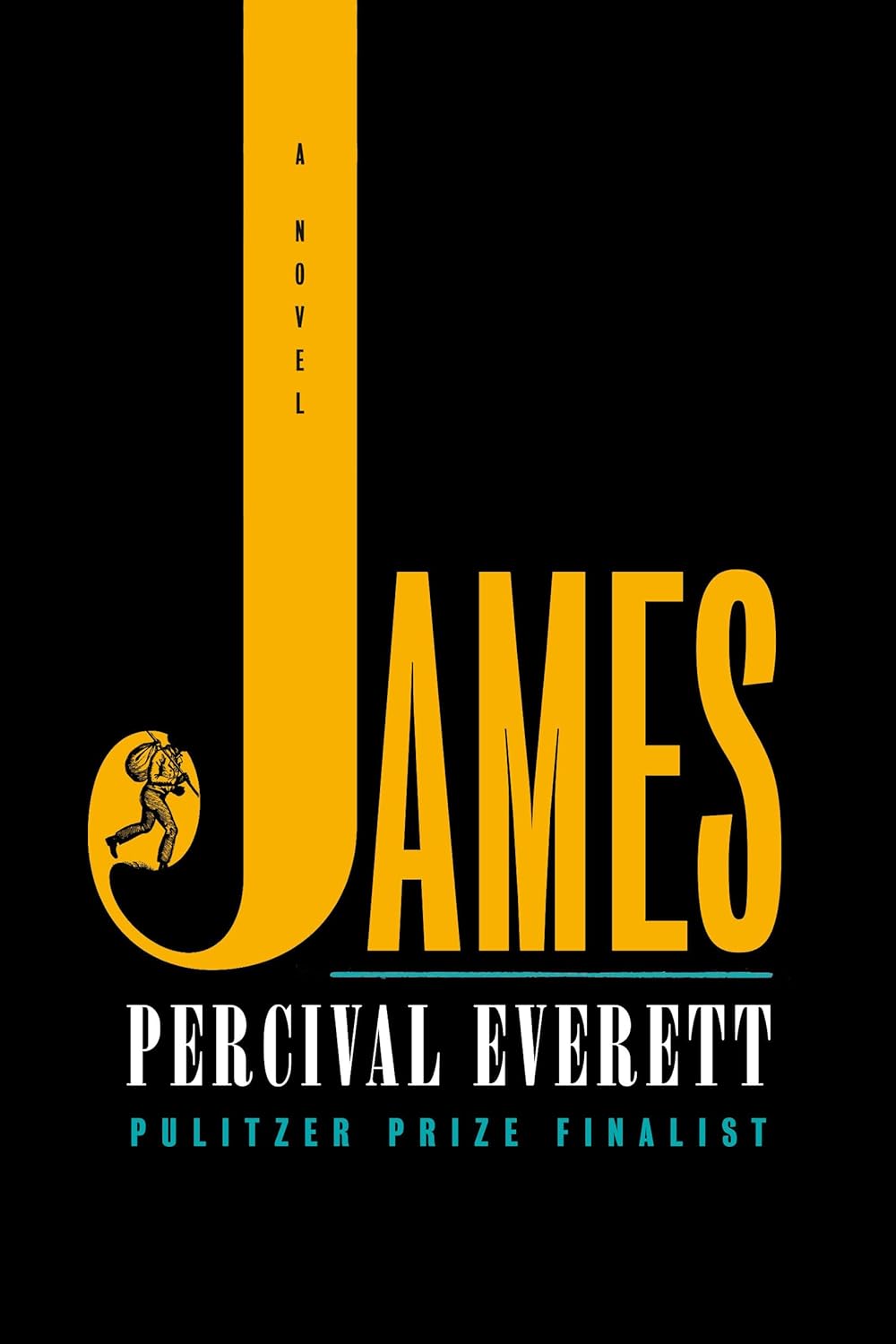IN HARI KUNZRU’S NOVEL My Revolutions (2007), which starts in Britain in 1998, the narrator, a fifty-year-old named Michael Frame, receives a visit from an old friend, Miles, the only person who knows that he is a former violent radical living under an assumed identity. To the delight of Michael’s younger wife and late-adolescent stepdaughter, Miles reels […]
- print • Summer 2024
- print • Summer 2024
IF THE MEASURE of a debut is how capably it shits on the pieties of its literary forebears, then Honor Levy’s funny, provocative My First Book is an unqualified success. The fact that I, an Elder Millennial, found it largely inscrutable proves the point. Though nominally fiction—at least according to the metadata—the sixteen pieces collected […]
- print • Summer 2024
OPEN ANY BOOK BY CAROLINE BLACKWOOD and you will encounter the same woman. Articulate, adrift, callous, cosmically self-absorbed. She’s in the middle of her life, a retired actress or model, once striking and sought-after. Her misery has a predatory quality. Decisions made idly and capriciously she now clings to as essential facets of her “character.” […]
- print • Summer 2024
KARL KRAUS WROTE THAT EVERYTHING FITS WITH EVERYTHING ELSE. Maybe. Maybe everything in an artist’s corpus, no matter how incongruous, reflects, repeats, rhymes. Yet this is not the case for Percival Everett. No thematic or formal schema is suitable. He climbs the stairs sideways. His patently ridiculous conceits seem like challenges to his own mischievousness, […]
- print • Spring 2024
MEET THE CAST: David Crader, a washed-up child actor, author of the celebrity memoir that constitutes the bulk of Justin Taylor’s second novel, Reboot; Amber, David’s long-suffering second ex-wife, mother of his child, in whose life David appears, in his own words, as “an occasional cameo”; Grace Travis, David’s first ex-wife and former costar, diversifier-of-portfolio par excellence (“We can’t all be Gwyneth or Busy,” Grace says, “but we do what we can”); Shayne Glade, David’s best frenemy and former costar, a buffer and more talented foil; Molly Webster, culture writer, bartender, holder of an MFA in “speculative nonfiction”; Corey Burch, once
- print • Spring 2024
HELEN OYEYEMI’S NEW NOVEL Parasol Against the Axe, set amid a bachelorette party weekend in Prague, abounds in side quests breezily undertaken and abandoned. You don’t need to think about the bachelorette party all that much. Actually, you can’t. The rate at which Oyeyemi invents thickets of problems without answers, obstacles to bounce over, mysteries to shrug at, is frantic, like in those dreams where you have to run very fast in order to move slowly.
- print • Spring 2024
LO. LEE. TA. This is the trip the tip of the tongue expects to take when reading a novel from the point of view of a man currently incarcerated following the rape of a teenage girl he’s groomed. And at the tender age of thirteen pages into Lucas Rijneveld’s My Heavenly Favorite, an attentive reader may indeed murmur “Lolita!” when the unnamed narrator, a former farm veterinarian from the Dutch countryside, refers to the titular “favorite,” also unnamed, as “the fire of my loins.” So far, so Lo.
- print • Spring 2024
THE DILIGENT Prussian bureaucrat E. T. A. Hoffmann had a mischievous double. By day, he worked as a jurist in the courts of present-day Poland and Germany; by night, he wrote impassioned music criticism in the voice of his alter ego Johannes Kreisler, a tempestuous composer who also appears in several of Hoffmann’s stories and novellas. The wild cry that rings out in his first novel, The Devil’s Elixirs (1815), could just as well describe his own adventure in bifurcation: “I am what I seem to be, yet do not seem to be what I am; even to myself I am
- print • Spring 2024
VLADIMIR SOROKIN is genius, pure and simple. Or Daedalian.
- print • Spring 2024
THE NOSTALGIA AMONG LIBERALS for the Obama presidency has lately crested such that it’s a surprise that proposals to overturn the 22nd Amendment haven’t gained traction, even in the fantasy realm of non-feasibility where a lot of American political thinking occurs. Given the centrist fetish for norms and process, a restoration of Barack Obama would be beyond the pale. Let him podcast, produce content for Netflix, and issue biannual lists of his middlebrow fiction faves. Still, there are believers in the restoration of another Obama, both on the paranoid fringe and in the dismayed middle. Lately my primary source of
- print • Spring 2024
CONSTANCE DEBRÉ’S autobiographical novel Playboy is the story of a metamorphosis. We meet the narrator just after she has left her husband, Laurent, and started dating and having sex with women. She had been with Laurent for fifteen years. They were both bored the entire time. The boredom was “a solid foundation,” “a bomb shelter.”
- print • Winter 2024
BY NOW IT’S CLEAR that the academic humanities—that supposedly disinterested pursuit of knowledge for its own sake, preserved from the whims of the market—are under threat. But that threat is perhaps best personified not by a powerful politician loudly looking to defund “ripoff” programs, but by an ordinary guy pursuing a PhD in Business Studies. This is a guy who’s getting an advanced degree not to save his soul or to preserve and expand the edifice of human knowledge but to destroy both. He is at once the ideal consumer and the ideal product of the modern university increasingly run like
- print • Winter 2024
WHILE READING KATYA APEKINA’S spellbinding sophomore novel, Mother Doll, I kept wondering who its protagonist, Irina Petrova, the feisty, over-the-top spirit of a deceased Russian revolutionary, reminded me of. I searched for a literary precursor before it occurred to me that she had evoked the disruptive ghost Fruma-Sarah from the film Fiddler on the Roof. The movie’s jealous spirit doesn’t manifest through a visitation but rather a dream the protagonist conjures up in order to withdraw his daughter from an arranged marriage. In the book, the threat of the unsettled dead works toward positive ends. But not always: Irina Petrova,
- print • Winter 2024
LAZY CITY, RACHEL CONNOLLY’S EXACTING and wise debut novel, is a chronicle of echoes. Connolly tells the tale of two absences: Kate’s, a graduate student who dies before the book begins; and Erin’s, the novel’s protagonist. Erin had been Kate’s best friend, and Kate’s death so rattles her that it also makes her absent from herself. Lazy City takes place in the limbo that follows loss. It doesn’t treat the sharp pain of rupture—sharpness is among the reliefs Connolly withholds—but the lassitude that engulfs a mind after tragedy is over and before normal life resumes. Erin met Kate in graduate school in
- print • Winter 2024
FILMMAKER ANNA BILLER begins her debut novel, Bluebeard’s Castle, with a warning: “Some husbands,” she writes, “are pussycats, some are dullards or harmless rogues, and some are Bluebeards.” Folklore and literary history are full of Bluebeards: Charles Perrault’s original fairy tale, two Brothers Grimm versions, Jane Eyre’s Mr. Rochester, modern retellings by writers, composers, and directors ranging from Georges Méliès and Béla Bartók to Helen Oyeyemi and Catherine Breillat. The elements of the story remain essentially the same: a young woman marries a mysterious, wealthy widower. Despite warnings (sometimes from her husband, sometimes from outsiders), she explores the recesses of his
- print • Winter 2024
THE GREAT AMERICAN NOVEL was for most of the previous century a golden icon, an aspirational myth of grand and glittering proportions. Though he never attained that grail, Seymour Krim, an ardent worshipper at its altar, perhaps best articulated the dream in a 1968 essay in which he described the hopes of fellow aspirants to “use the total freedom of our imaginations to rearrange the shipwrecked facts of our American experience into their ultimate spiritual payoff.”
- print • Fall 2023
HOW ROMANTIC IS J. M. COETZEE? At first the question, prompted by his eighteenth novel, The Pole, sounds like a joke. The journalist Rian Malan, who visited Coetzee’s office at the University of Cape Town in the early 1990s, reported that the novelist didn’t smoke, drink, eat meat, or, except on very rare occasions, laugh. “It helps to have a piercing gaze,” Coetzee wrote in one of eight essays on Beckett, and his own author photographs show a man who, with his ironed shirts, unvainly swept-back hair, and eyes that would win any no-blinking competition, resembles a semi-retired notary public, or
- print • Fall 2023
IF THE TITLE of Helen Garner’s 1984 novel, The Children’s Bach, could strike a chord, it would be a diminished seventh—an unexpected tone of dissonance, curling toward the uncanny, eager for resolution. The title is borrowed, as chords often are, from a 1933 collection of Bach’s easier pieces, edited by E. Harold Davies and still in print. The instructional text telescopes into the novel: Garner’s character Athena is learning to play piano, pinched by determination in the absence of natural talent, no longer the hypothetical child of Davies’s intent. She is the mother of two sons, home for long afternoons as
- print • Fall 2023
IN JUSTIN TORRES’S NEW NOVEL, Blackouts, disorientation is a pleasure. You might wonder, at first, if you’re being duped by these characters or invited to share in their confusion. We’ll get to the reasons for that confusion, which is to say the plot, but plot is less the point than form and a nebulous atmosphere. Short chapters, shifting perspectives, and doctored photographs give the novel the air of an enigma to solve.
- print • Fall 2023
WHEN ELIZABETH BENNET AND HER SISTERS sit in calico dresses awaiting the favor of a man of “10,000 a year,” the link between that income and that calico remains easily ignored. So easily, that fantasies of Regency romances endure to this day unburdened by discomfiting questions about the origins of the cotton in these drawing-room dramas. By comparison, any respectable circle in the US would know better than to insist, in this decade at least, upon the charm and romance of the antebellum South. One could not produce a Bridgerton set in Alabama as easily as Netflix produced one set in



















